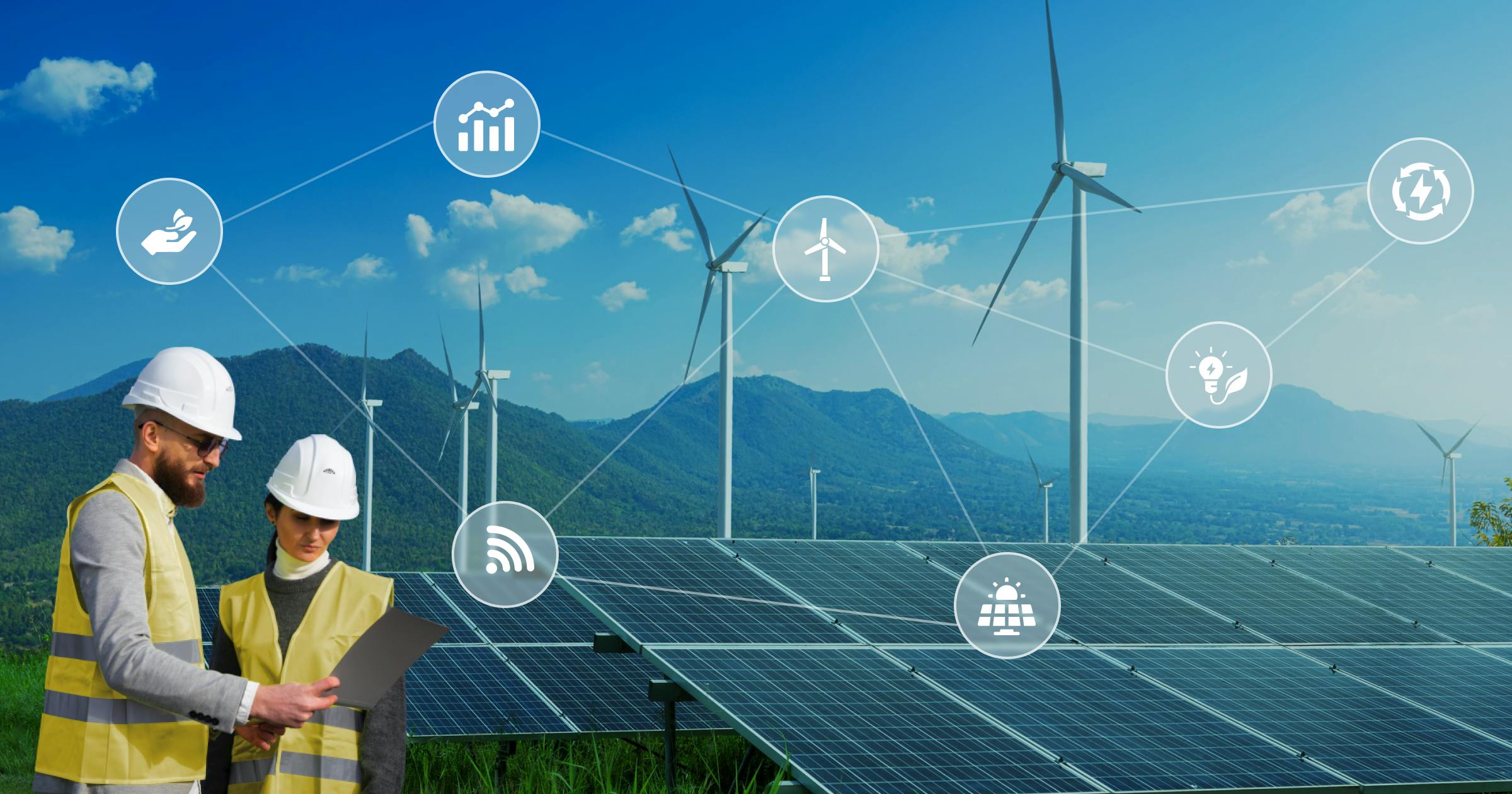Solar Energy Optimization Through IoT Analytics
As the world rapidly shifts towards clean energy, solar power has emerged as a reliable and sustainable option. However, the efficiency of solar energy systems can fluctuate due to environmental conditions, equipment wear, and poor data visibility. This is where IoT analytics comes in—revolutionizing how solar energy systems are monitored and optimized.
IoT sensors installed across solar panels capture a wide range of performance metrics, such as voltage, current, irradiance, temperature, and tilt. These real-time data points are streamed to cloud platforms where analytics algorithms assess the system's health, identify inefficiencies, and detect early signs of faults.
With IoT-powered insights, operators can proactively address underperforming panels, dirty surfaces, inverter failures, or even shading issues. This ensures maximum energy output and reduces downtime without relying on manual inspections. Additionally, predictive analytics helps in scheduling maintenance only when needed, saving both time and costs.
Furthermore, environmental analytics plays a key role. By integrating weather data, air quality, and UV exposure, IoT systems can forecast expected energy generation and alert managers when performance deviates. This enables smarter energy storage and grid contribution planning.
The impact of IoT in solar energy is not limited to large-scale solar farms. Even residential and commercial rooftop systems can benefit from IoT-based dashboards that offer real-time performance tracking and energy savings insights.
In conclusion, IoT analytics transforms solar energy from a passive power source into an intelligent, responsive, and optimized asset. As solar adoption grows, IoT will be at the heart of a greener and more efficient energy future.
